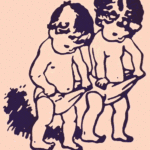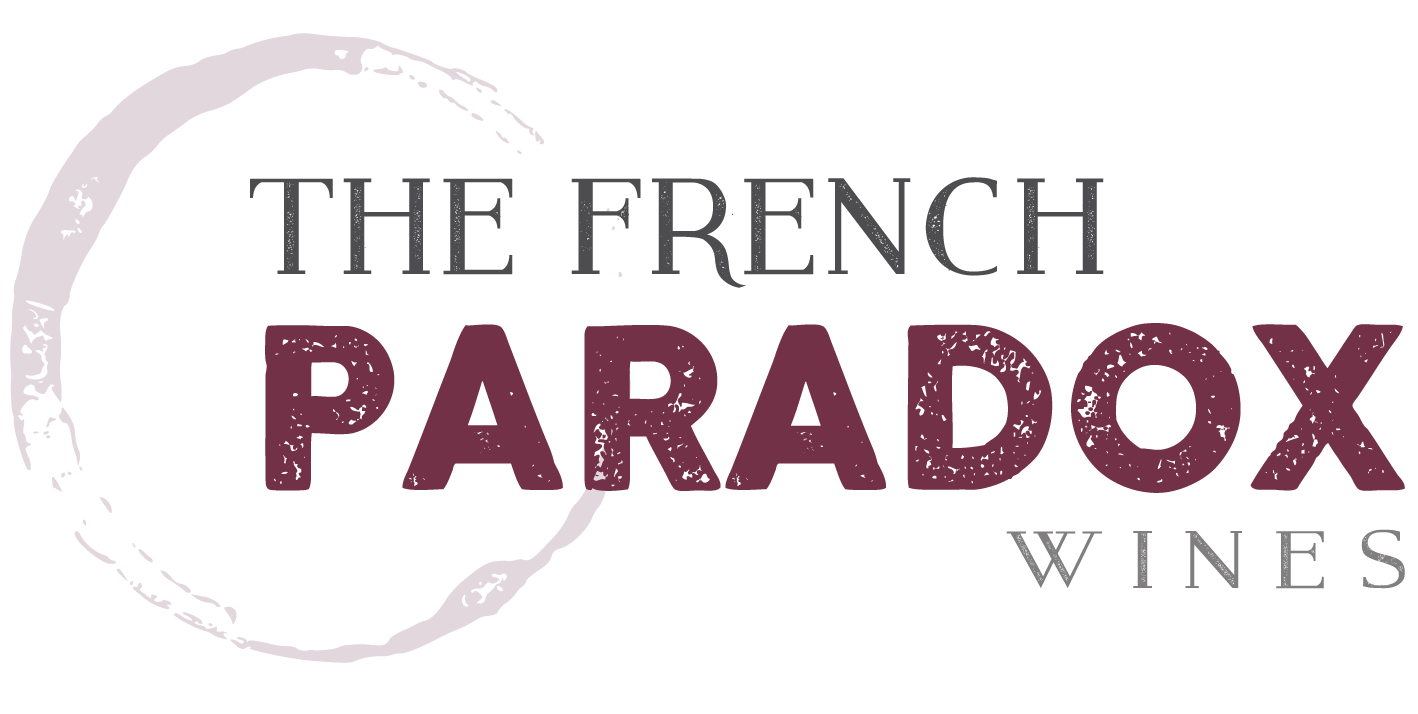 One of the great truths about wine is that the more you learn, the more you realize how much more that you have to learn. Those of us that have been doing this for a while have been humbled literally hundreds of times, either by guessing wrong at a blind tasting, offering poorly considered opinions or, more often, coming across a wine or grape or region that we really have no awareness of.
One of the great truths about wine is that the more you learn, the more you realize how much more that you have to learn. Those of us that have been doing this for a while have been humbled literally hundreds of times, either by guessing wrong at a blind tasting, offering poorly considered opinions or, more often, coming across a wine or grape or region that we really have no awareness of.
Wine knowledge leads you down a rabbit hole. As soon as you learn about one grape, one region, one style, you begin to realize that there exists a multitude of sameness. Then you realize that additionally, there exists exponentially more different wines, different grapes, different regions. It becomes apparent that the knowledge that you’ve acquired, the experience that you’ve garnered, is inadequate because the world is awash with wine.
The answer to this dilemma is humility, a sense of humor and a democratic outlook.
Wine shouldn’t be tribal. Wine is global, and here in the US, nearly every grape came from somewhere else. Nearly every technique was pioneered elsewhere. California was planted by Spanish missionaries. European varietals were landed by a Hungarian count. Zinfandel came from Croatia to New England, then to California and finally to Italy, where, known as Primitivo, some falsely claim its nativity.
Historically, wine was produced by soldiers and farmers from vines that would grow in poor locations, in order to provide sustenance. Wine was safer than water. Vines, with only a modicum of nourishment, lasted for generations. Winemaking was natural, almost miraculous in its ability to seemingly make itself. Wine made the table complete, its bright acidity enlivening flavors, it’s tannins melting fats. And when wine became business it was first as a commodity and then, only recently, as a luxury.
Wine, because of its vast reach, because of its plebeian roots, should not be limiting. One can, and should, drink white AND red AND pink. If you want to. One can and should, experiment, and taste new and different grapes from different parts of the planet and decide, only then, if the wine is good. If you want to.
Wine should bring us together. Rare and expensive wines are way cool, because they are made in small quantities, seldom seen, seldom tasted (you know, rare). Often the bottles are never opened, as, to the serious collector, the value is gone once the wine is consumed. Scarcity is a function of time as well. As the wine from a particular vintage, from a particular place, from a particular producer is consumed, then the remaining unconsumed wine is of even more value. So having the opportunity to taste a rare, largely unavailable wine is way cool…not because of your wealthy friend who can afford it, but because you may never have the opportunity again.
And having access to that rare, hard to find wine doesn’t make you cool…it makes you lucky. Lucky that you live in the 21st century where global shipping is incredibly efficient and incredibly inexpensive. Lucky that science brought forward technologies such as refrigeration that allowed wine production to sky rocket. Lucky that a generation and a government created public universities, such as the University of California, Davis, where a new generation learned how to make wine. Lucky that there are wine critics…give me a minute, I’ll think up a reason why we’re lucky that there are wine critics. But you get my drift.
I mean, seriously, if you didn’t make the wine or grow the grapes, then you should take no credit because you bought the bottle. Rather, realize that among the many virtues of wine is that it’s eminently sharable; that it’s delights are wasted without food and company. Open up that rare or unique or different bottle and breathe it in, drink it in. Try something different, from somewhere else, merely because you can. Because it’s available.
Wine, good wine, special wine, smells of the soil where the grapes grow and the winds between the vines. It tastes of the sun overhead and the herbs at its feet. It evokes memories of meals and laughter and toasts and trips abroad, and of the men and women who planted and plowed and picked and innovated and made each generation of wine better than the one before. Celebrate the vastness of wine, the astonishing range of aromas and flavors and textures that amuse, delight and surprise us when we let go of our wine myopia and open ourselves up to the world of wine.
Why not? What do you have to lose? It’s only wine.
